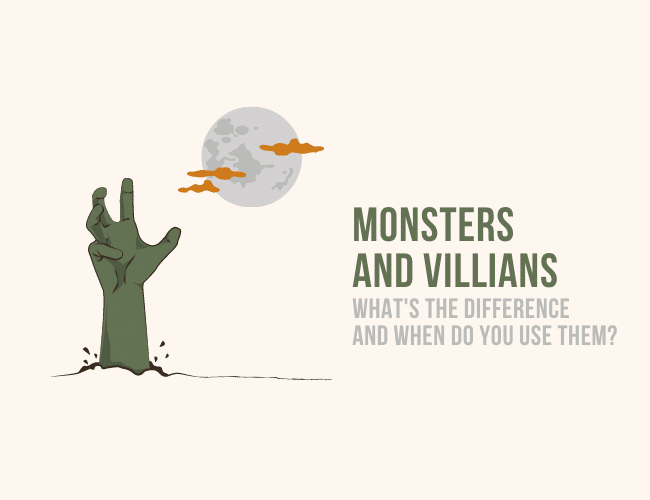
by Sarah Gribble |
Both villains and monsters are considered antagonists, but there are differences between the two. You’ll want to choose which version of antagonist you’re using based on the purpose and tone of your story.
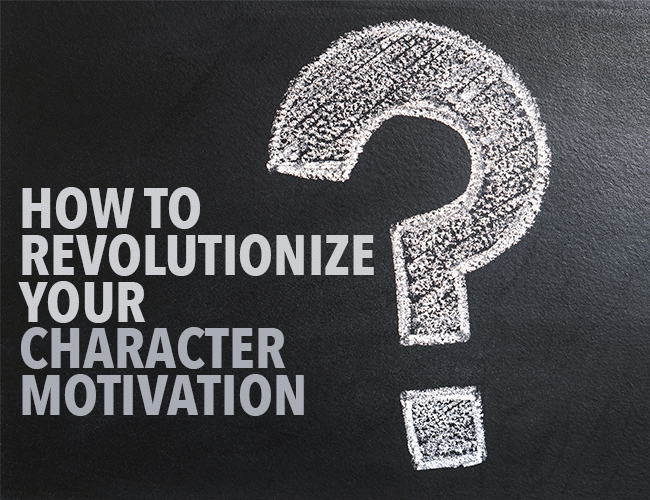
by Sue Weems |
Whether I’ve blown it at work or reacted poorly at home (hypothetically of course), I often need a fresh start. Why? Because I’m human and I have a tendency to get in a rut. Sometimes my ruts are grounded in bad habits or faulty beliefs.
It’s not great for me as a human being, but it’s terrific for fiction. The first step to making a fresh start for me or my characters? Figuring out our default settings.

by Sue Weems |
I was recently reading a story in development and found myself irritated with the main character. Why? I thought. They have a good plan, they care about their goal, and their dialogue is engaging. As I kept reading, I found myself wanting to shout, “Get on with it already!” Suddenly I recognized exactly what the problem was, and worse, I realized I do it too.
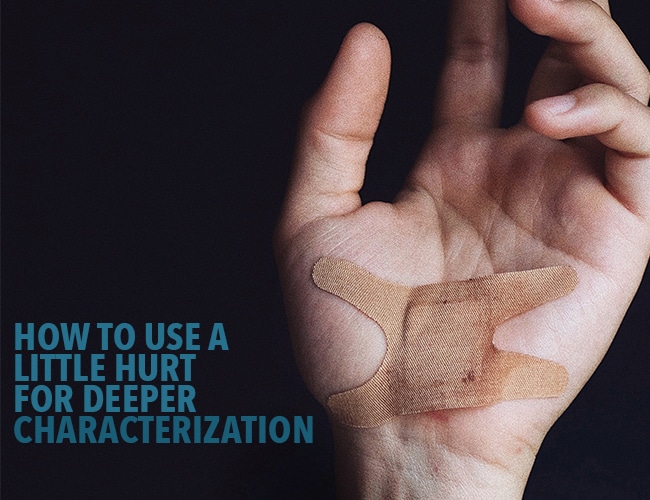
by Sue Weems |
Characters show us who they are when they are under stress. One way to create stress for a character and deepen their characterization is to inflict a minor injury. How will they respond? Will their reaction affirm who they present themselves to be? Or will it reveal perhaps another dimension of their personality?
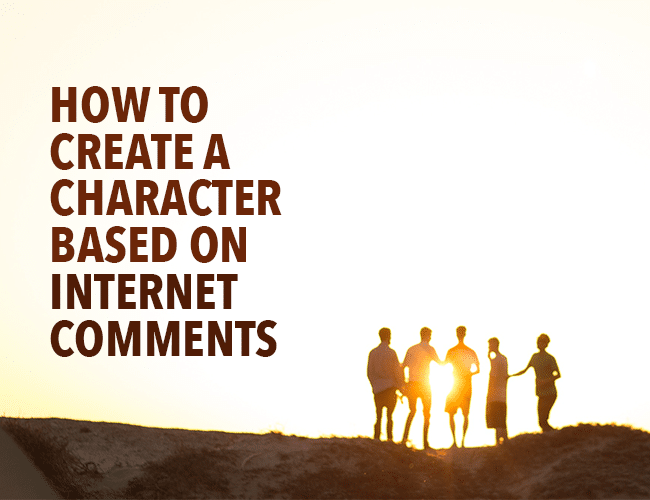
by Sue Weems |
Do you argue with strangers on the internet? (I plead the fifth). Even if you have enough self-control not to engage most arguments and comment sections, chances are high that you think through how you would argue with them if you weren’t fairly certain they are a troll in an alternate universe. Also if your mother wasn’t your friend on Facebook.
Are you leveraging those thoughts? Or just rehearsing them, allowing yourself to feel irritated and angry? Put that energy to good use for your writing. Your next character is hiding in the comments section of nearly any forum. Here’s how to find him or her.
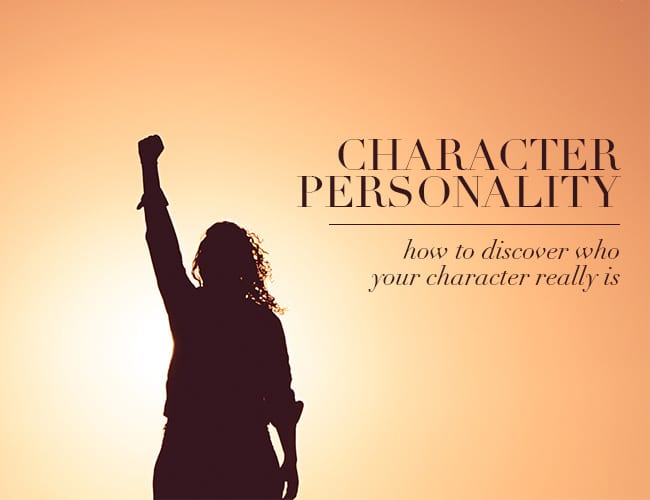
by Joslyn Chase |
Have you ever written a scene that didn’t feel authentic or sit right with you? One very possible reason for such a scene is that your character did not act in accordance with their nature. As writers, we sometimes hit a fallback position where we have our character do what we would do rather than acting … in character. We have to remember to write from the character’s personality rather than our own.
I am not a proponent of detailed character sketches—believing, instead, that the character reveals herself to the writer as the story unfolds. However, as we get to know the character we’re writing, it’s important to understand the essentials of her personality. By doing so, we make it easier to understand and portray the shifts that make up the character arc.








